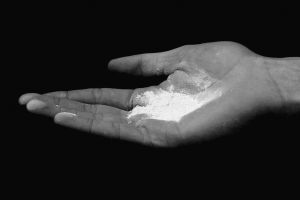Jacksonville Criminal Lawyers are often faced with cases that involve illegal searches and seizures. When a Jacksonville police officer conducts stops or searches a person, he must conduct himself in a manner that does not violates a persons Fourth Amendment rights. If police officer violates the constitutional rights of a criminal defendant, a Jacksonville Criminal Lawyer can file a motion to suppress any evidence that way obtained due to the illegal search or seizure.
Recently, in Ferguson v. State, the Florida Second District Court of Appeals ruled on this issue. In this Florida case, Mr. Ferguson was located in a “high crime area” and was trying to avoiding contact with an officer in a manner that the officer thought was suspicious. When the officer turned her patrol car around to investigate, Ferguson attempted to drive away. The officer pulled him over, placed him under arrest for loitering and prowling, and searched the car incident to arrest. Ferguson was charged with loitering and prowling, possession of a firearm by a felon, possession of marijuana and possession of drug paraphernalia.
Mr. Ferguson appealed the conviction on the grounds that the trial court erred when it denied Ferguson’s motion to suppress the evidence seized after he was arrested. The Florida Second District Court of Appeals agreed with Ferguson, because the officer did not have a reasonable suspicion of criminal activity to detain him or probable cause to arrest him for loitering and prowling. Since there was no probable cause for the arrest, all of the evidence seized must be suppressed.
 Jacksonville Criminal Defense Lawyer Blog
Jacksonville Criminal Defense Lawyer Blog


